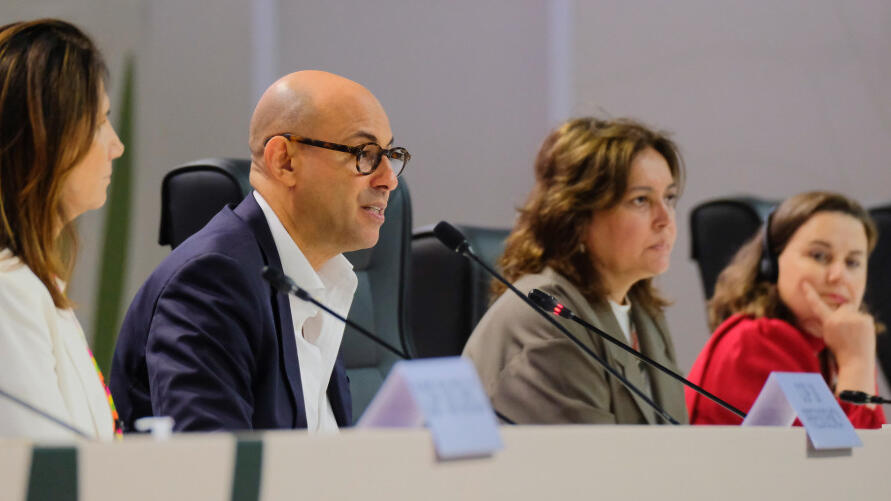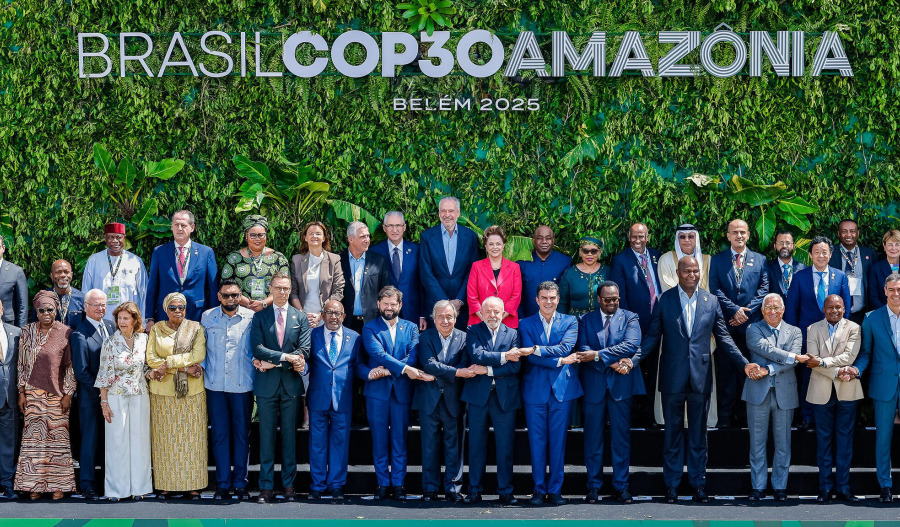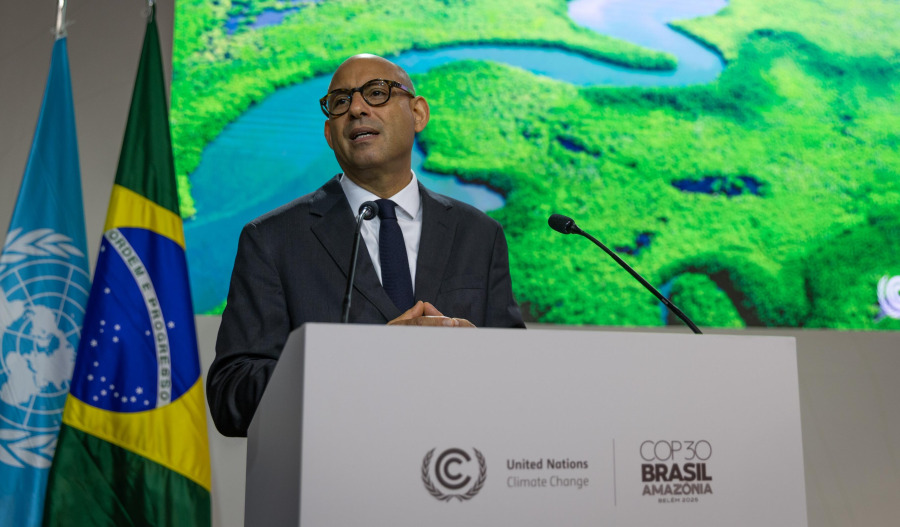A deal at the COP30 has been signed, after a compromise was reached over the weekend, but has left some nations uneasy.
The deal was pushed forward by Brazil's COP30 presidency, and will improve aid finances for poorer nations handling global warming.
However, the deal that was signed failed to disclose the fossil fuels behind it.
The two-week conference was tense as it came to a close, with multiple nations and the European Union objecting to the deal and calling for stronger climate action, especially around fossil fuels.
Joining the EU in objecting to the lack of transition away from fossil fuels were Colombia, Panama and Uruguay.
On the other side was top oil exporter Saudi Arabia, amongst others, who said any mention of fossil fuels was off-limits for the deal.
Despite the frustrations, the head of the UN climate secretariat (UNFCCC) thanked delegates for coming together in a year of denial and division.
"I'm not saying we're winning the climate fight. But we are undeniably still in it, and we are fighting back," UNFCCC Executive Secretary Simon Stiell said in a statement.


